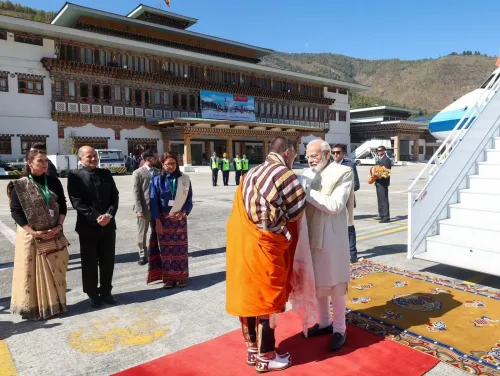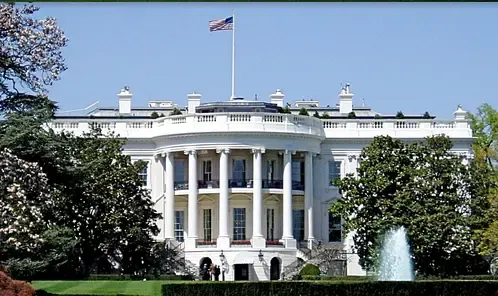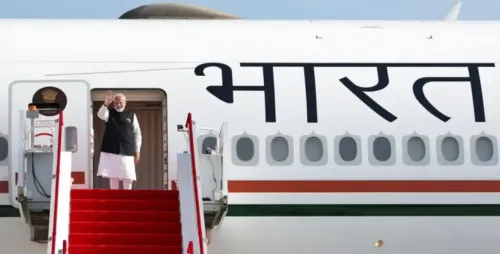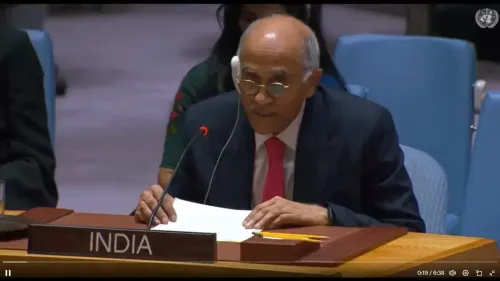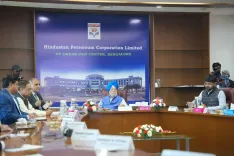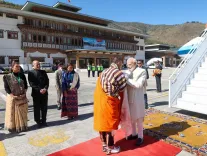How is India poised to champion development at the UN Economic and Social Council?
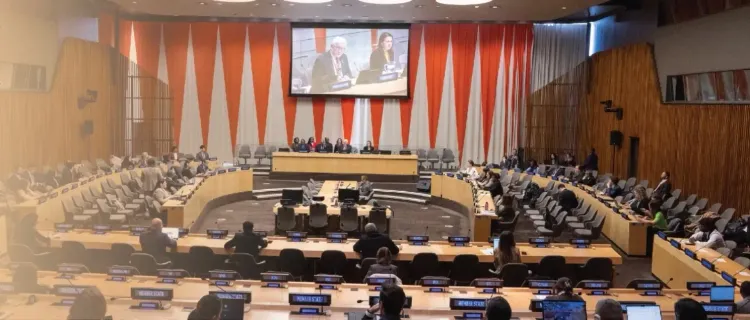
Synopsis
Key Takeaways
- India received 181 votes in its election to ECOSOC.
- It marks India's 18th term on the council.
- ECOSOC is vital for addressing sustainable development issues globally.
- China, Lebanon, and Turkmenistan also secured their positions.
- India's election reflects a strong commitment to championing development.
United Nations, June 5 (NationPress) India has successfully secured a position on the UN Economic and Social Council (ECOSOC) for a three-year term starting next year, receiving an impressive 181 out of 187 valid votes.
External Affairs Minister (EAM) S. Jaishankar expressed gratitude in an X post following the election on Wednesday, stating, "India is dedicated to advancing development issues and will continue to enhance the ECOSOC."
He acknowledged the nations that supported India's election, appreciating their "overwhelming trust and backing," and commended the diplomats at India's UN Mission for facilitating this achievement.
This marks at least India's 18th term on the council, known as ECOSOC, with its last term spanning from 2008 to 2020.
ECOSOC serves as the primary UN body for addressing sustainable development and economic challenges, comprising all 193 member states.
With a total of 54 members, one-third of ECOSOC's seats are contested every three years, with 18 seats available for election this year.
Seats are allocated by region, with four seats available for the Asia Pacific region in this election.
China, with a term concluding this year, ran for re-election and was successful, securing 180 votes.
Lebanon and Turkmenistan also emerged victorious, each obtaining 183 votes. They were the sole candidates in this election, all receiving regional endorsement.
In the Eastern Europe group, drama unfolded as Ukraine outperformed Russia, which was required to enter a runoff after failing to secure enough votes in the initial ballot for one of the three available seats.
Due to the lack of a unified slate for the three seats, there were five candidates competing.
Ukraine, with 130 votes, and Croatia, with 140 votes, were elected during the first round after achieving two-thirds of the votes.
Russia managed 108 votes and had to go into a runoff against Belarus, which received 96 votes, after North Macedonia was eliminated with 59 votes.
In the runoff, 23 countries abstained, leading to a lowered two-thirds threshold, allowing Russia to win with 115 votes against Belarus's 46 votes.
The US and Germany gained by-elections to the ECOSOC following the resignation of Italy and Liechtenstein from their seats.
India will now join its neighbors Pakistan, Nepal, Bangladesh, and Sri Lanka, who are also part of the ECOSOC.

